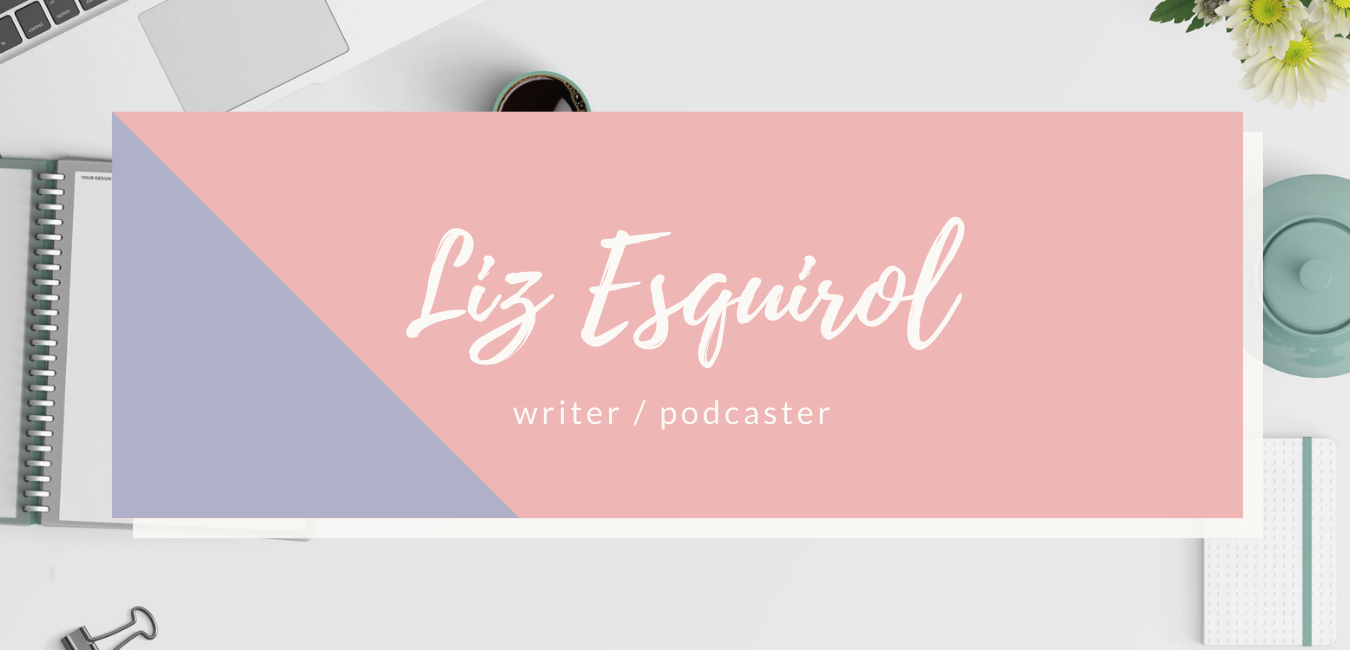The Great Escape
We spend our lives running. Running away.
As a card-carrying member of the Western culture, I realize that we are a group of dodgers. Generally speaking, we do whatever it takes to avoid pain, discomfort, fear and unhappiness. YET, fear is the invisible wall that we continue to crash into over and over again.
We are uncomfortable with sadness. We loathe pain. We outrun emptiness by any means. Because we haven’t been taught how to handle it. OR that it’s a normal part of human existence. I repeat, it’s a normal part of human existence that we all experience.
I’m not glorifying or glamorizing human suffering…not by any stretch. I myself try to work around my unhappy moments, try to minimize pain (both physical and emotional.) Let’s face it – pain and sadness are not welcome friends. BUT, they are a part of what it means to be human…so in that, we can either fight it or come to understand it and, for lack of a better word, embrace it.
When my mind wanders and recalls a sad or painful time in my past, and I start replaying it in my head, I catch myself shaking my head quickly, as if I were saying no, attempting to shake off the memory like a pitcher does to a catcher in baseball. (No, not that pitch. I don’t want to throw the slider.) Painful memories and thoughts are uncomfortable – they make us squirm in the seat of our souls. So it makes sense that we “don’t want to go there.” Why would we?
However, from a Buddhist perspective, we can stop running. We can transform our fears and our feelings of emptiness instead of trying to eliminate them. As Mark Epstein, M.D., so beautifully explains in his book ‘Going to Pieces Without Falling Apart’, our Western therapy has spent much of its time trying to eradicate our feelings of insufficiency, emptiness, and fear and finding the source of our problems, instead of taking a more Buddhist type of approach by learning to face these feelings and tolerate their existence in our lives. Now I know that sounds so “heady”, but doesn’t it also have the gentle peal of the truth bell?
It just amazes me how we (and I include myself in this communal grouping) are constantly running after happiness and away from unhappiness making for a lot of exhausted people. We waste precious energy in all those unnecessary psychological calisthenics. Mark Epstein (he’s also a psychiatrist) uses meditation personally and professionally as a way to help manage this frenetic storm.
I sometimes want to scream out in the streets (but don’t for fear of being locked up) that we should all stop chasing our happiness tails….because we will never catch them. We do not land on Happy Island and set up our tents and live happily ever after drinking coconut flavored beverages with sippy straws. It just doesn’t work that way. Storms blow through, tents get destroyed and our tropical beverages go sour. Even on an island in the middle of nowhere, life has a way of finding us.
We don’t always get to see the troubles of others – we are most often bombarded by headlines of success of those more fortunate than ourselves – those members of societies elite. Their lives appear to glisten like gold in the noonday sun – all polished and untarnished. But it’s not real. It’s a facade, a mirage. Even the most powerful of us must sleep each night. Even the richest of us goes to the bathroom. Even the most famous experience death.
So this is my thought – there is no escaping. But that isn’t a bad thing – it’s reality. It’s honest and gritty and truthful…and, if you’ll allow me here…quite beautiful. It takes the pressure off – knowing perfection and unending joy and bliss are myths – pots of gold that are forever unreachable. Letting go is a part of the Buddhist philosophy. And in letting go we gain so much more than we lose. Letting go of impossible ideals is the only way to relax into the life we have and make it our own.
Now where’s my coconut drink? – BB


